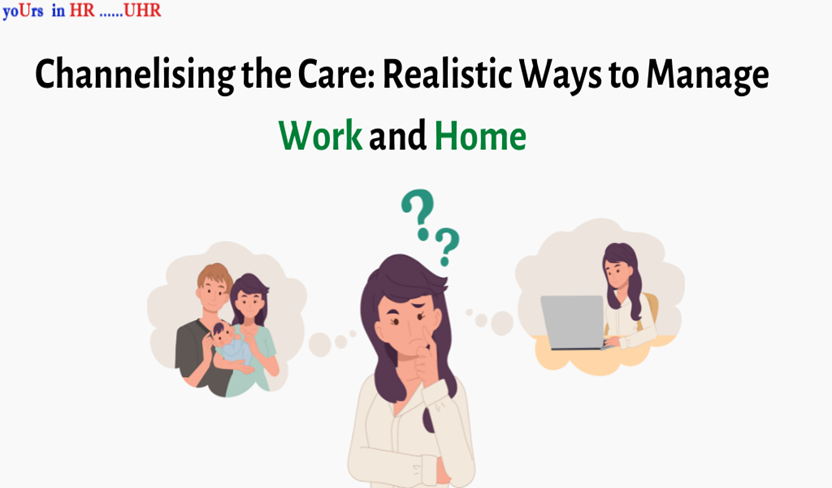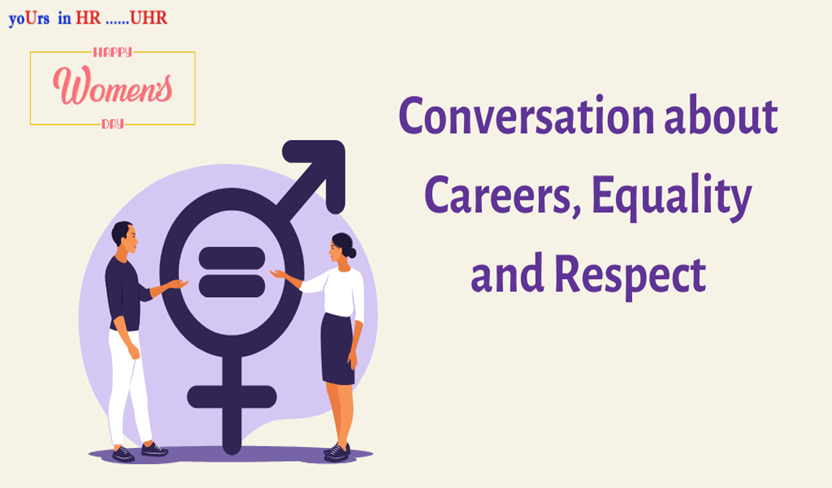
Dear employee, do you dream big, and always seem to find new ideas to drive innovation?
Do you find a way to expand your role in a way that not only helps you with job crafting but also helps the company you are working in?
Do you always find a way to rethink a seemingly odd idea into something sellable? Well, you might be an intrapreneur!
An ‘intrapreneur’ is essentially an entrepreneur within a company, who can bring innovation and success for the company through their unique skills, their competence and perspective, that is, through their enterprising nature. So, employers, how to recognise the intrapreneur within your company? And employees, how to cultivate or recognise that streak of intrapreneurship within you? Here’s a quick list of qualities that makes one an intrapreneur:
Making Lives Better
An intrapreneur, much like the entrepreneur, has great ideas for innovation and change. What does an entrepreneur do? They find a way to add meaning to their life through a business idea, an innovation that will change the life of the community/the people around for the better. They find this one need, that one gap, and find a way to fill that gap, such that it will add benefit and meaning to their as well as the customer’s life. Similarly, within a company, an intrapreneur, through their enterprising nature, constantly finds ways to make their job more meaningful, and develops new competencies, fills the existing gaps within their role, expands it, and thus expands the scope of change within the company. An intrapreneur makes a company’s ‘life’ better.
Expert seller
One doesn’t have to be in sales to be a good salesperson. Who is a good salesperson? A good salesperson is someone who recognises that a product has great selling potential. They recognise the ideal customers, the ideal way to approach those customers, and the ideal way to market that product so that one can sell it well.
As an article by HBR points out, an intrapreneur is similarly a great salesperson of ideas. They recognise a good idea, even ideas that are underutilised or dormant; a good intrapreneur has the ability to revitalise a seemingly dead idea. They can market or remarket the idea such that the idea is ‘sold’ in the right manner, to the right clientele. In other words, an intrapreneur has the ability to look at ideas innovatively, and thus change the world, and the company, through that idea.
Well-connected
What makes an entrepreneur stand out from everyone? One of the qualities is their ability to network, and establish a reciprocal give and take of services with other businesses. A true entrepreneur understands the value of meaningful connections with other entrepreneurs as well as their ‘loyal’ customers.
An intrapreneur within the company similarly, is an expert networker. They not only get along well with their colleagues, but also have a great network outside of the company, that will enable the company to engage in collaborative endeavours, retain clients and consultations. They will always find new avenues for growth for the company. An article by People Matters brings to notice the side of the intrapreneur that wins over people, and the fact they are not afraid to take risks or fail publicly- they will simply learn and get better.
The intrapreneur thus, could be anyone, who is proactive, who understands the value of meaningful networking, and who sees the potential in ideas, and knows how to bring those ideas to fruition, to better their own as well as the company’s life. An intrapreneur thus brings the enterprising spirit within the company, for the company. So, dear employee, do you see the intrapreneurship bug in you? Dear employers, do you recognise the budding intrapreneurs in your office?





